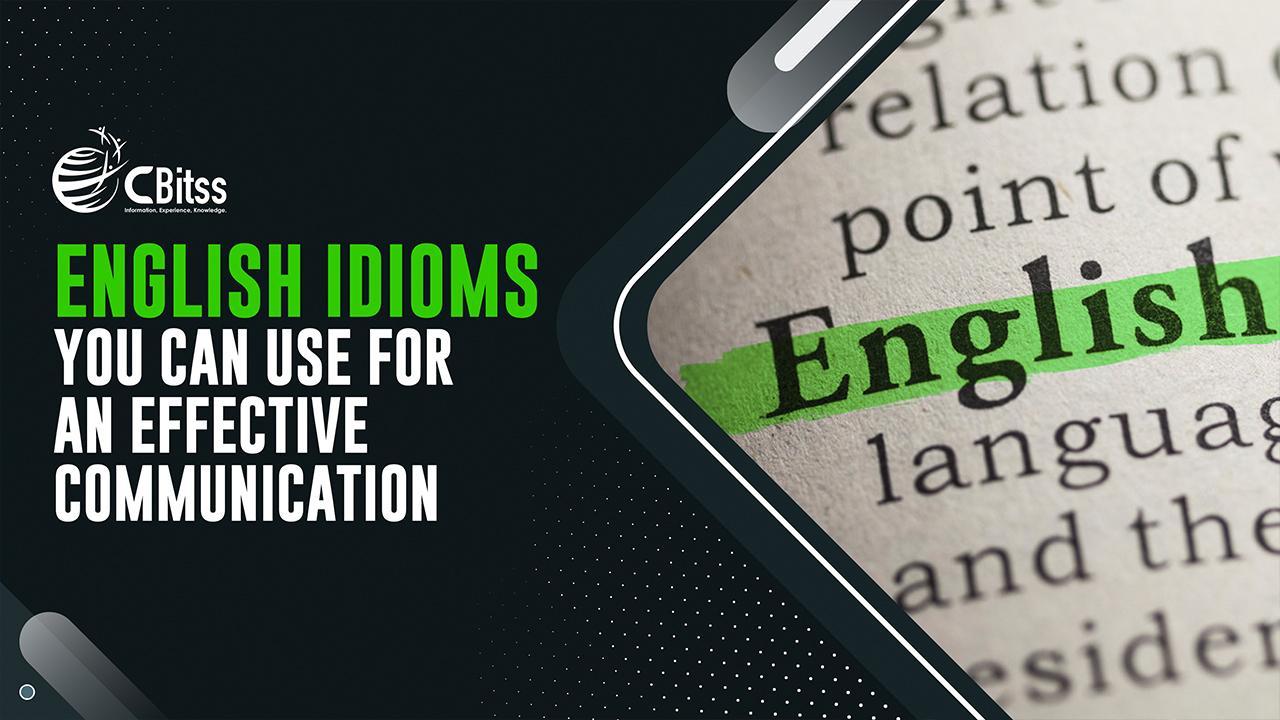
Table of Contents
ToggleThree Rules for Effective Communication
It’s important to keep three things in mind regardless of your language when conversing with someone Clearly express your thoughts. If you want to avoid being misunderstood, so it’s essential to be clear about what you intend. Be clear and concise. Secondly, inquire. Because communication happens to be a two-way street, no one person can just speak all the time. As a means of ensuring that your audience is interested in what you have to say, ask questions.The kinds of questions to ask are listed below:
- Pay attention to what is being said. When you say listen, you mean it. You should listen intently to what your speaking partner is saying and try to understand what they are saying.
- Doing all three will make you an excellent English speaker (and maybe even in your own language) (and probably in your native language as well).
- Because of the language barrier, it’s understandable that you could have difficulty conversing in English as an English student. Don’t worry—here are some tactics you may use to comprehend better (and be understood by) others.
Idioms and their use
There are numerous exciting idioms about communication in today’s lesson that may be used in ordinary English conversation. This list of idioms happens to be full of common expressions used by native English speakers.- To give the low down – for completion of the information
- For getting hold of – to manage to contact someone
- To hear through the grapevine– to have some information, primarily rumors or gossip through friends or informally.
- Word of mouth – endorse something through verbal conversation
- Touch base – to renew communication
- To put someone in the picture – to make someone aware



